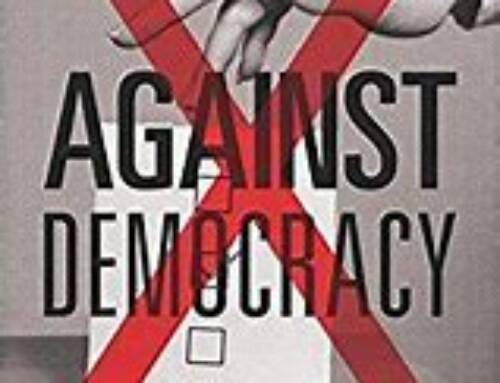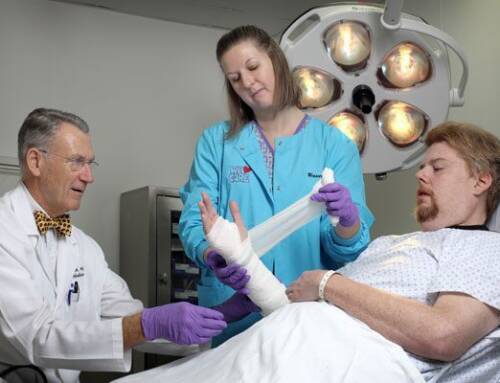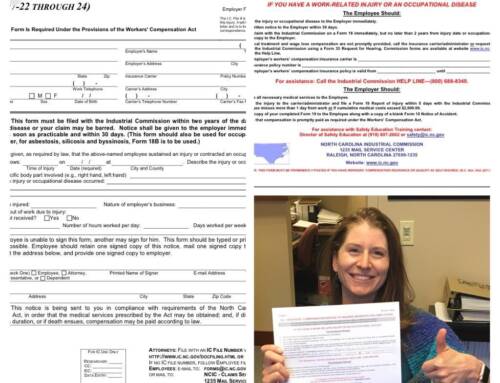Today we have a guest post from my colleague Matthew Funk of New York.
When an injured worker needs emergency medical care, prior authorization isn’t always possible. However, not being able to obtain it does not bar a workers’’ compensation claim. When a worker is hurt at work and is rushed to the emergency room for treatment, there often isn’t enough time to seek authorization from an insurance company and to obtain a claim number.
At the time of the treatment, if possible, the injured worker should let the hospital and medical provider know that the injury occurred at work and disclose the exact details of all his or her injuries. (This is sometimes an effort, since emergency staff are rushed and understaffed.) After the emergency care is provided, the worker should immediately seek the guidance of an attorney to assist in filing a claim and obtaining reimbursement for the medical care.
At the time of the treatment, if possible, the injured worker should let the hospital and medical provider know that the injury occurred at work and the exact details of all his or her injuries.
The law provides that the cost of the emergency medical treatment will be adjusted to meet workers’’ compensation payment guidelines. Many times, doctors will submit bills to the private carrier with a note stating, “Do not pay: submitted pending determination at the Workers Compensation Board”. This ensures that even if the Workers Compensation claim is not successful, the doctor can still be paid.
The employee should save all copies of all notes, receipts, and diagnostic reports that the treating physician has available, and keep an injury-and-treatment diary. The easiest way to keep to this is to simply use a calendar and record all treatment appointments, procedures, tests, medications and complaints on every given date. Make a copy for your lawyer as well.
Matthew Funk, a partner at Pasternack Tilker Ziegler Walsh Stanton & Romano, LLP, has been practicing Workers’ Compensation Law for over a decade. He is a member of the Workers’ Compensation Bar Association, Injured Workers’ Bar Association and the New York Coalition for Occupational Safety and Health (NYCOSH). He has written for the New York State Trial Lawyers’ Workers’ Compensation Decisions program and has lectured on numerous occasions focusing on Workers’ Compensation Law.








Leave A Comment
You must be logged in to post a comment.